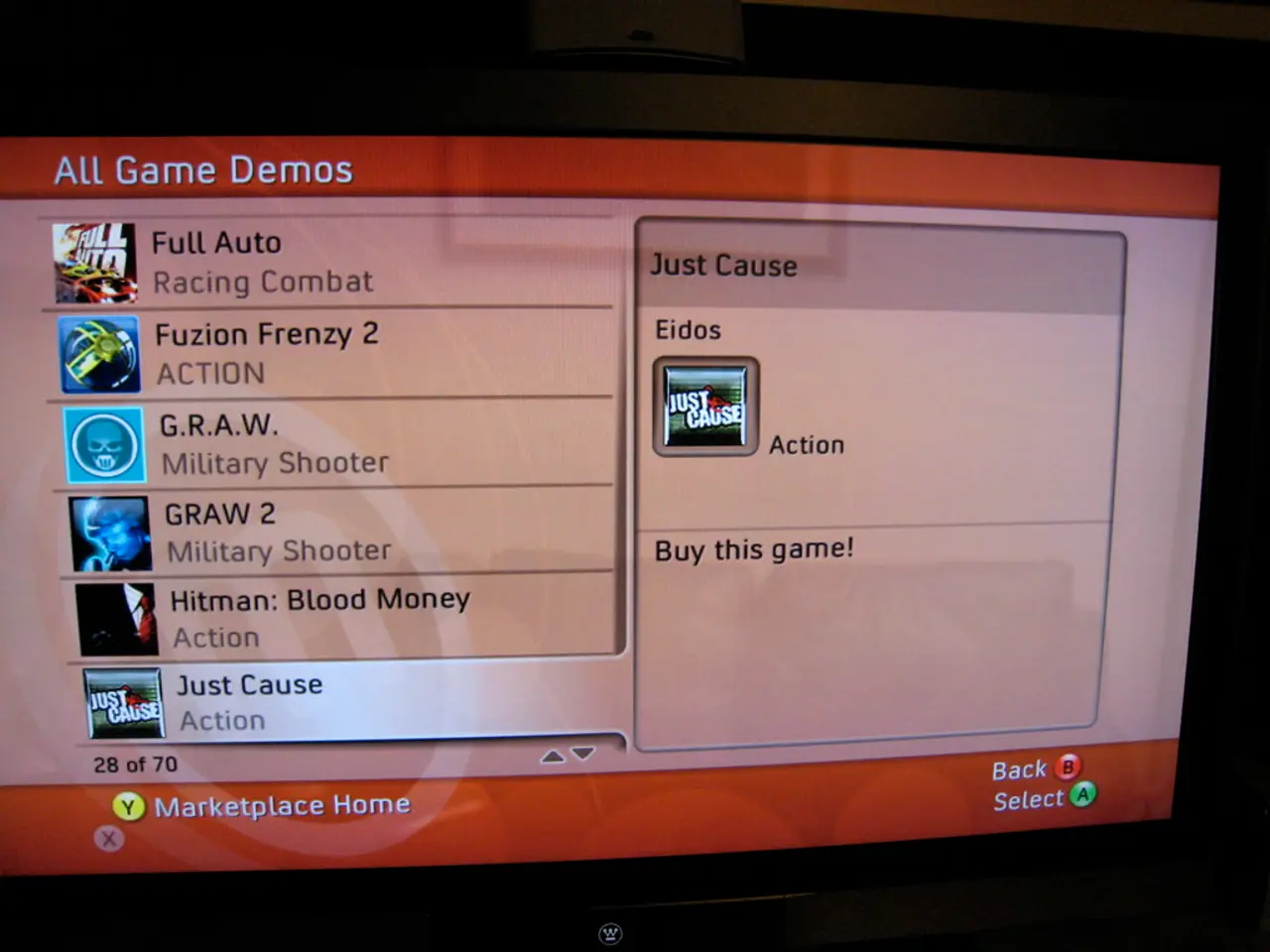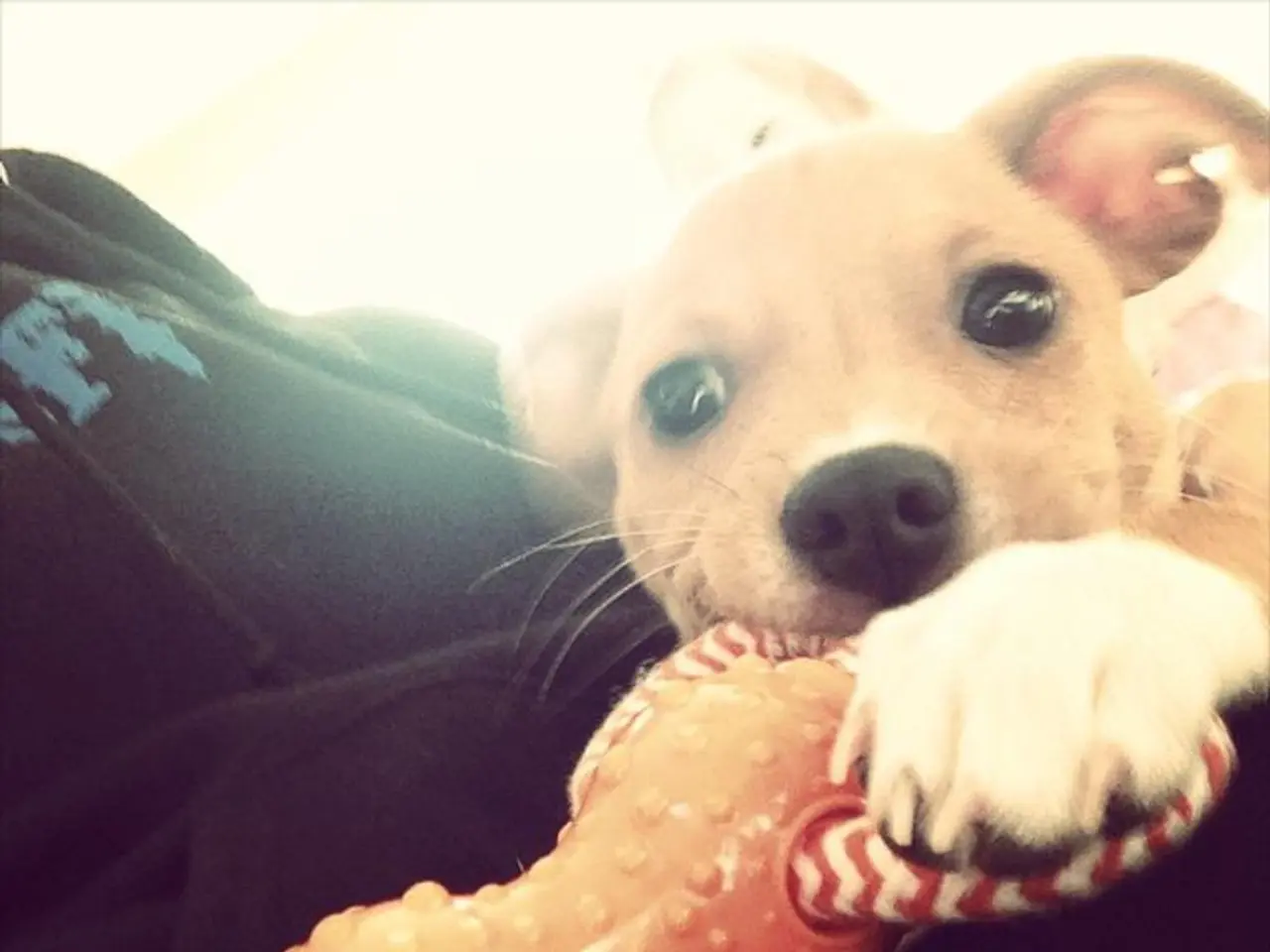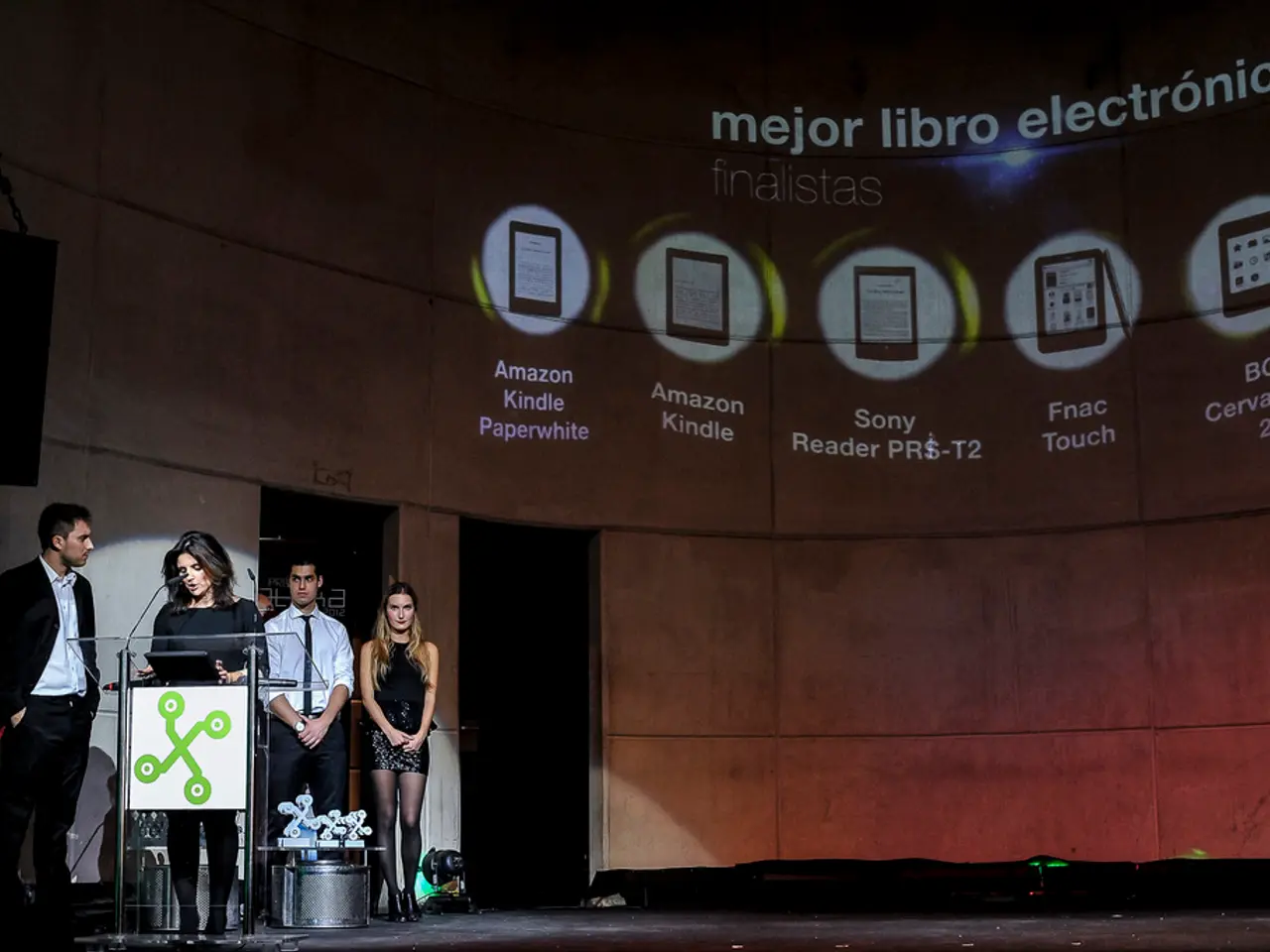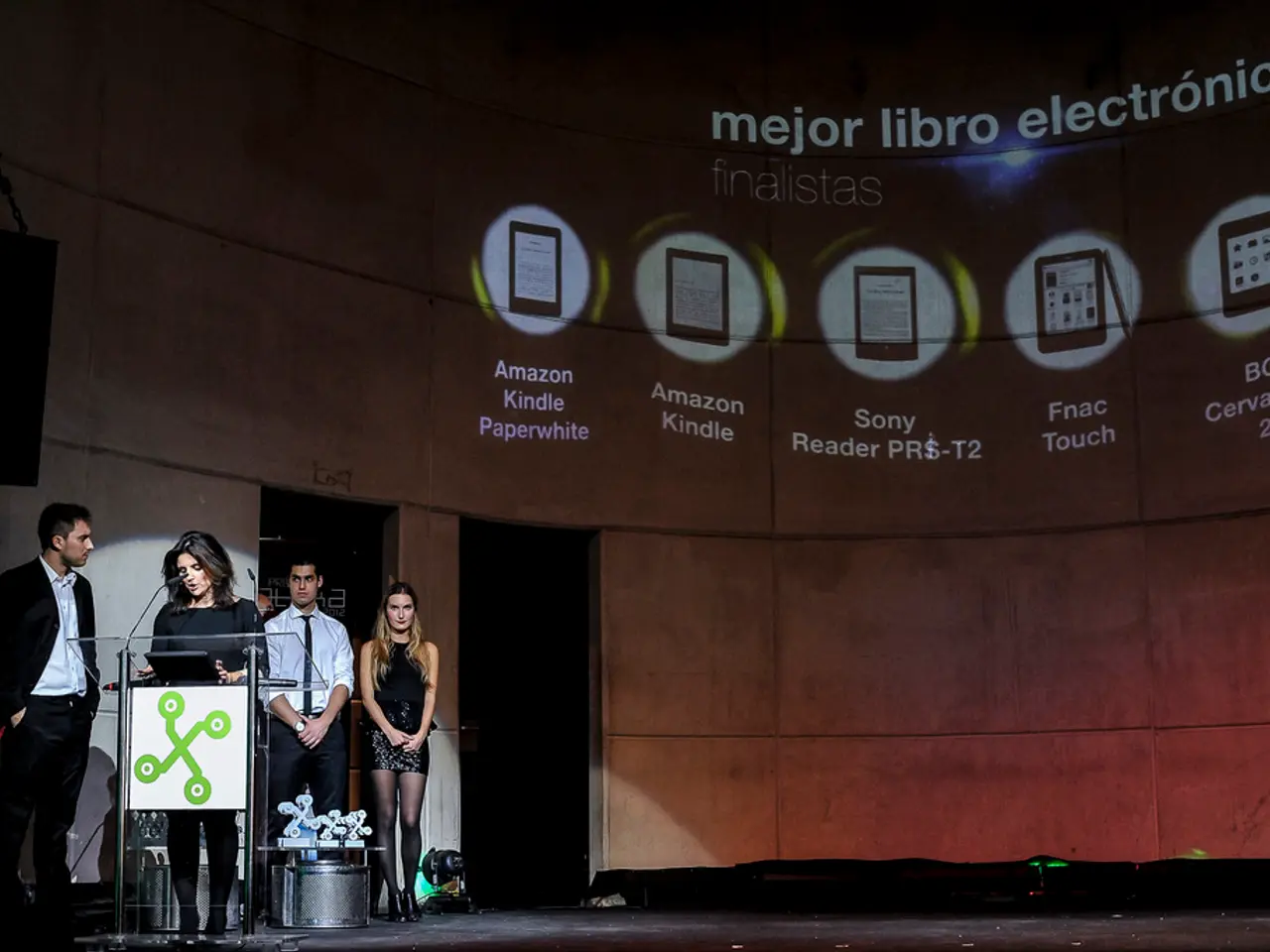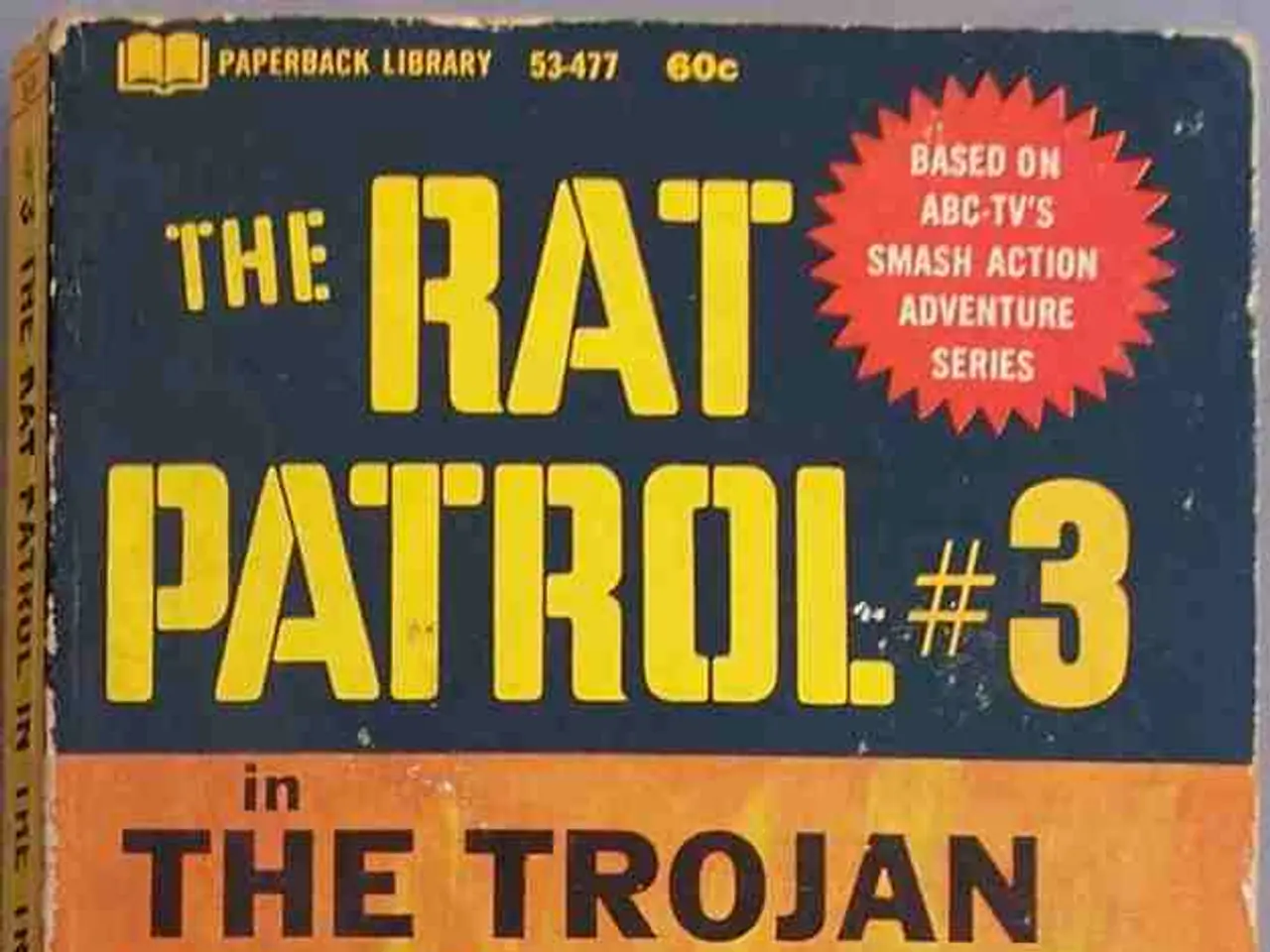Independent Game Developers Criticize Roblox Clones - 'Prefer Piracy Over Playing This Shoddy Software'
Roblox, the popular online gaming platform, has become a breeding ground for clones of successful indie games. Developers earn Robux, a virtual currency within Roblox, when players spend in their games, which can be converted into real-world money through Roblox's Developer Exchange. However, the rapid proliferation of clones on the platform poses a significant challenge to indie developers.
One prominent example is the indie co-op climbing game PEAK, developed by Aggro Crab Games. The game, which peaked at around 114,000 concurrent players via SteamDB and is estimated to have around 6 million total owners since its launch in June, has been directly cloned on Roblox by games like CLIFF and CLIMB. These clones have amassed millions of visits in just weeks, far surpassing the original's rapid visibility despite lacking the original’s quality and design fidelity.
The studio behind PEAK has publicly condemned these clones, expressing a preference for fans to pirate their original game rather than support "microtransaction-riddled Roblox slop ripoffs" that dilute the experience and infringe on their creative work. The clones typically introduce pay-to-win features or obscure the original game’s design philosophy, undermining the creators' intent and potentially damaging their brand and player trust.
Key concerns include the loss of revenue and player base, dilution of original design, visibility suppression, and legal and ethical issues. Roblox's economy is built around "Robux", a virtual currency that players purchase with real money. Some Roblox developers have become millionaires from user-made games, but the revenue split for developers varies depending on the type of content, with typical earnings ranging from 10% to 30%.
Potential solutions suggested involve stronger platform policies, legal action or takedown requests, community awareness, and alternative monetization and engagement strategies. However, the phenomenon of Roblox clones poses a complex challenge without straightforward remedies as of now.
The community's sentiment towards clones, especially monetized ones, is mostly negative. Many users place the blame on Roblox itself for not enforcing strict rules around intellectual property and only acting when a DMCA takedown is filed. In an ideal world, Roblox could take a more proactive approach to IP protection by flagging obvious clones and limiting monetization on those games.
Roblox has over 380 million monthly active users across all platforms, and its audience skews younger, with 40% under 13. Despite the challenges, indie developers continue to adapt by enhancing value in their own games to retain player loyalty. The battle against clones on Roblox is ongoing, and it remains to be seen how the platform and its developers will address this issue in the future.
References: 1. Source 1 2. Source 2 3. Source 3 4. Source 4
- The gaming world is vast, extending from PC and console platforms like Windows and Xbox, to online platforms like Roblox.
- Amid the proliferation of games on these platforms, clones of successful indie games have become a contentious issue, as seen in the case of the indie co-op climbing game PEAK on Roblox.
- Social media and entertainment platforms are abuzz with discussions about the impact of clones on pop-culture, sci-fi, and fantasy elements in gaming, such as the replication of PEAK on Roblox.
- Books on game development and intellectual property rights are increasingly focusing on the ethical and legal implications of cloning in the gaming industry.
- Movies and TV shows are also examining this issue, with potentially upcoming films and series exploring the challenges faced by indie developers in protecting their creative work from clones on platforms like Roblox.
- As the battle against clones continues, indie developers are looking towards stronger platform policies, legal action, community awareness, and alternative monetization strategies to safeguard their creative works and maintain their brand identity.
